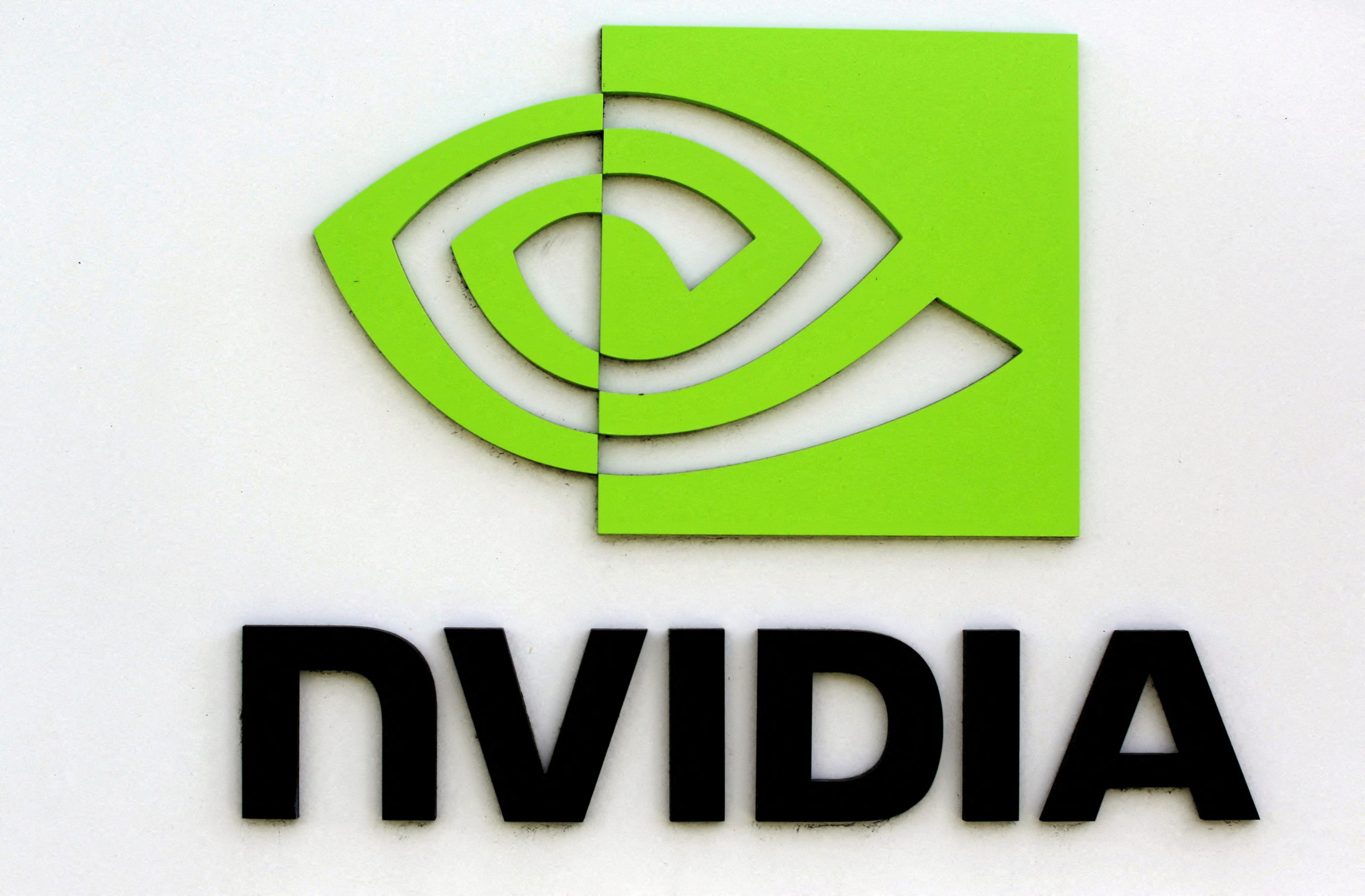In a significant announcement, Nvidia CEO Jensen Huang revealed the company’s ambitious roadmap for future AI chips, highlighting advancements aimed at maintaining Nvidia’s leadership in the AI and machine learning sectors. The presentation, which took place at the annual GTC conference, detailed several key innovations that promise to enhance the performance, efficiency, and capabilities of AI processing hardware.
Huang emphasized the introduction of the next generation of GPUs, known as the Hopper series, named after computing pioneer Grace Hopper. These chips are designed to offer unprecedented levels of performance, boasting significant improvements in speed and energy efficiency compared to the current Ampere series. The Hopper GPUs will incorporate advanced AI-specific features, including enhanced tensor cores and improved support for mixed-precision computing, which are crucial for training and deploying large-scale AI models.
Moreover, Huang highlighted Nvidia’s continued investment in software ecosystems and AI frameworks, ensuring that developers can fully leverage the hardware’s capabilities. Nvidia’s AI software stack, including CUDA and TensorRT, will see substantial updates to optimize performance on Hopper GPUs. This holistic approach aims to provide seamless integration and superior performance for AI applications across various industries, from autonomous vehicles to healthcare.
In response, AMD CEO Lisa Su took the stage at a concurrent event to outline AMD’s strategy to compete in the rapidly evolving AI chip market. Su acknowledged Nvidia’s advancements but emphasized AMD’s commitment to delivering cutting-edge AI hardware through its own innovations. She highlighted AMD’s forthcoming MI300 series, which will feature a new architecture designed to challenge Nvidia’s dominance.
The MI300 series is expected to offer competitive performance with a focus on versatility and efficiency. Su also underscored AMD’s progress in developing AI-specific accelerators and its collaboration with major cloud service providers to optimize AI workloads on AMD hardware.
The announcements from both Nvidia and AMD underscore the intensifying competition in the AI chip market. As both companies push the boundaries of technology, the advancements promise to drive significant progress in AI capabilities, benefiting a wide range of applications and industries.
![Ripple [XRP]](https://irnpost.com/wp-content/uploads/2018/06/ripple-cryptocurrency.jpg)
![Ripple [XRP]](https://irnpost.com/wp-content/uploads/2018/06/ripple-cryptocurrency.jpg) Cryptocurrencies4 years ago
Cryptocurrencies4 years ago
 Guide3 years ago
Guide3 years ago
 Gaming7 years ago
Gaming7 years ago
 Gaming3 years ago
Gaming3 years ago










